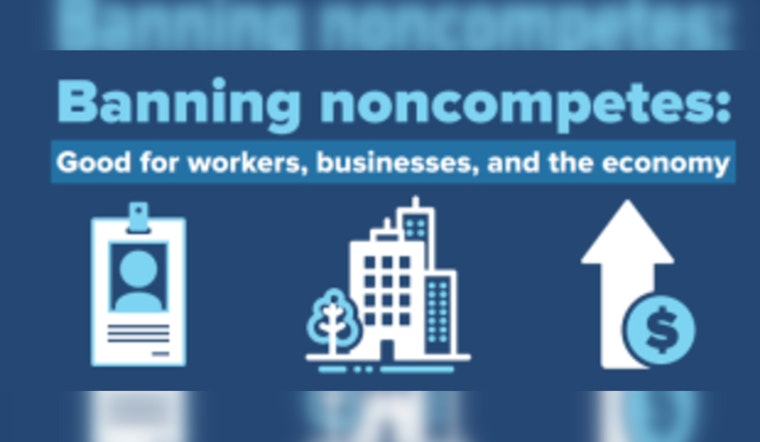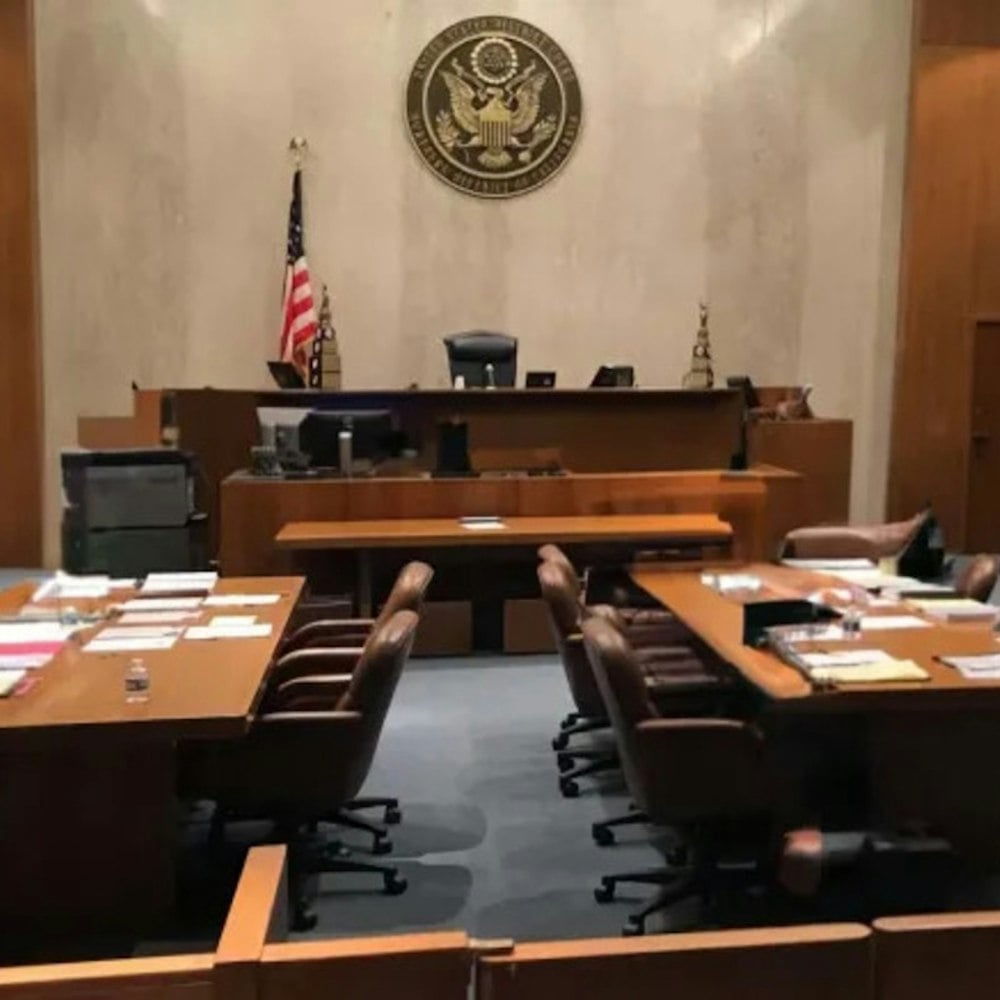
In a sweeping move that could alter the employment landscape, the Federal Trade Commission (FTC) has approved a rule that would ban the use of 'noncompete' agreements for most workers. This decision, taken on Tuesday by a razor-thin 3-2 vote, aims to cut the cords that have historically tied employees to their employers, even after they part ways.
The FTC's crackdown on noncompete clauses covers an estimated 30 million U.S. workers, potentially granting them newfound liberty in the job market, according to AP News. However, business groups are gearing up to challenge the federal agency's decision, calling it a case of regulatory overreach. Local Austin attorney, Austin Kaplan, warned workers about being too hasty in disregarding existing noncompete agreements.
"If you signed a non-compete, you must take it seriously and assume you are still bound by it," Kaplan said, as reported by KXAN.
Such clauses have often been associated with top-tier positions in tech and finance, but in recent years, even lower-wage earners like security guards and sandwich shop workers have been ensnared. FTC Chair Lina Khan highlighted the agency's stance, saying, "Noncompete clauses keep wages low, suppress new ideas and rob the American economy of dynamism," as detailed by AP News.
Despite the FTC's intentions, the rule faces significant hurdles. The U.S. Chamber of Commerce has announced plans to sue, and Kaplan has alluded to two federal lawsuits already initiated in Texas. On the other side of the debate, Kaplan expressed his hope that the FTC would prevail, establishing a new, nationwide standard. "I hope that the FTC will prevail, and we will have a nationwide standard that does not permit noncompetes to continue," Kaplan voiced to KXAN.
The impending legal battles cast uncertainty over the rule's future, with its scheduled effect set to take place in 120 days. However, the two Republican FTC commissioners who voted against the proposal argue that the organization has overstepped its boundaries in implementing such an extensive rule.









